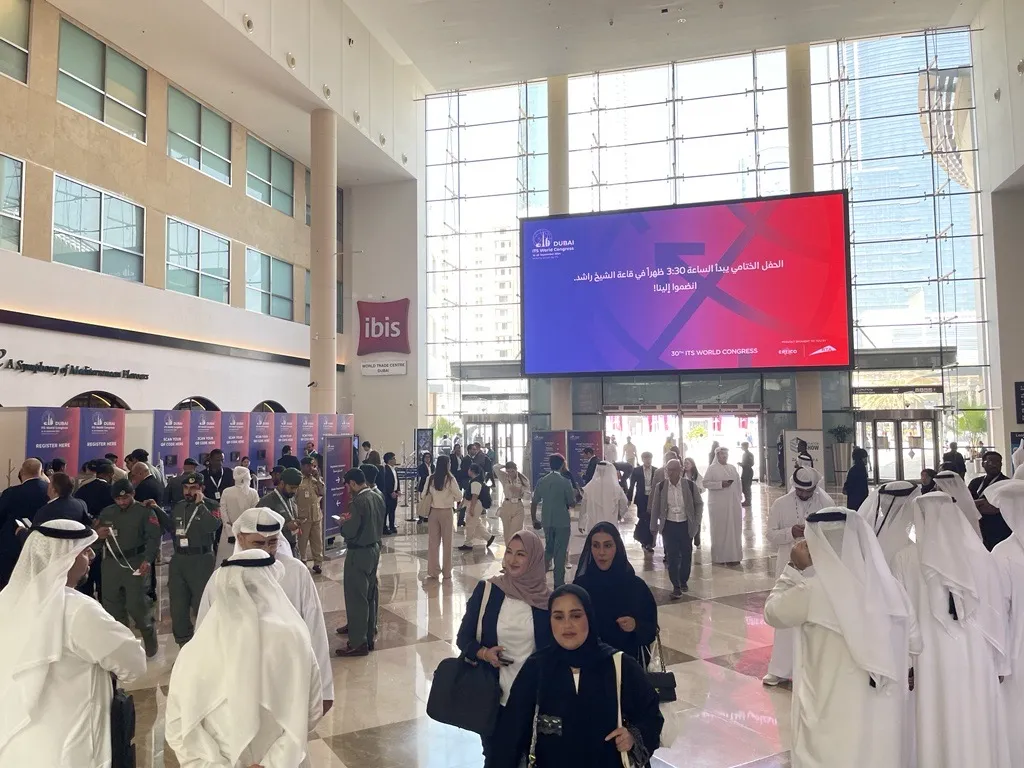This year at the ITS World Congress Melbourne,
NXP, together with its partners Cohda Wireless, Siemens, Chemtronics, NTU and Marben, is inviting delegates to take part in its ITS live showcase that will demonstrate how NXP helps to make driving smarter and safer. Visitors will be able to take a ride and experience various secure V2X and security technology features along the 5 km circuit. The company will demonstrate above all how V2V communications units ‘talk’ to other vehicles to let drivers know what other traffic is coming around corners, as well as information about the type of vehicle and its speed. Furthermore, the demo includes use cases to show how drivers can be alerted with up-to-the-minute information about current road situations that could affect their journeys, such as road works or accidents.
Register in advance, via the Congress App to book a seat for NXP’s Live Show Case at the Grand Prix Circuit/ St. Albert Park, or meet NXP at the demonstration lounge located in the exhibition lounge.
Another highlight of NXP’s participation at the ITS World Congress is an invitation to visit the company’s stand to play a brand new game - “Green 4 Transport” to explore the various possibilities of Connected V2X Mobility in a virtual world.
NXP in ITS Live smarter driving showcase
This year at the ITS World Congress Melbourne, NXP will demonstrate the latest technologies for intelligent traffic management, autonomous driving and seamless connectivity. NXP, together with its partners Cohda Wireless, Siemens, Chemtronics, NTU and Marben, is inviting delegates to take part in its ITS live showcase that will demonstrate how NXP helps to make driving smarter and safer. Visitors will be able to take a ride and experience various secure V2X and security technology features along the 5 km c
September 7, 2016
Read time: 2 mins









